Portugal Student Visa

Quick Visa Facts
Visa length One year.
Possible to extend? Yes, the visa can be renewed annually for up to five years, provided the student continues to meet the visa requirements.
Who can apply? Non-EU/EEA/Swiss citizens who have been accepted into a recognized educational institution in Portugal for a program exceeding 90 days.
Minimum Income Requirements Students must show they have enough funds to cover living and study expenses, typically at least €870 per month.
Time for visa applications Processing usually takes 30 to 60 days, but applying well in advance is recommended.
Want to know if you can apply?
Complete a visa quiz and see if you qualify!
Thinking about studying in Portugal? You’re not alone. Every year, thousands of international students are drawn to the country’s vibrant cities, rich culture, and world-class universities. From Lisbon’s buzzing academic scene to Coimbra’s centuries-old traditions, Portugal offers the perfect mix of high-quality education and an inspiring lifestyle.
If you’re coming from outside the EU, EEA, or Switzerland, you’ll most likely need a Portugal Student Visa to begin your studies. This visa allows you to live in Portugal legally while pursuing a degree, exchange program, or other recognized study course.
In this guide, we’ll walk you through everything you need to know, from eligibility and required documents to the application process, fees, and what comes after graduation. Whether you’re planning for a semester abroad or a full degree, this step-by-step breakdown will help you prepare with confidence.

Portugal Student Visa Overview
The Portugal Student Visa is a long-term national visa that allows international students from outside the EU, EEA, and Switzerland to live in Portugal while pursuing their studies. It was introduced as part of Portugal’s alignment with EU immigration rules, making it easier for students from abroad to attend Portuguese universities, colleges, or vocational institutions.
This visa is typically required if your study program lasts longer than 90 days. For short courses or summer schools under three months, a Schengen short-stay visa may be sufficient.
With a Portugal Student Visa, you can legally reside in the country for the duration of your studies, access local services, and even take advantage of certain work opportunities while enrolled.
Who Is It For?
Non-EU/EEA/Swiss students who have been accepted into a recognized Portuguese university, higher education institution, or accredited study program.
Exchange students attending Portuguese institutions under Erasmus+ or other international agreements.
Students enrolling in vocational training, internships, or secondary-level studies (in specific cases).
If you are an EU/EEA/Swiss citizen, you do not need a visa but must register your stay with local authorities if your studies exceed 90 days.
What Does It Allow You to Do?
Live in Portugal legally for the duration of your course of study.
Enroll full-time in an accredited higher education program, exchange program, or recognized training course.
Work part-time during your studies, as permitted by Portuguese law.
Renew your visa or residence permit if your program continues beyond the initial visa validity.
Apply for residence opportunities after graduation, such as work permits or other long-term visas.

Portugal Student Visa Requirements
To apply for a Portugal Student Visa, you’ll need to prepare several standard documents along with specific requirements that prove your eligibility to live and study in Portugal. While exact requirements may vary slightly depending on your consulate or embassy, the following are generally required:
Basic documents required:
Completed visa application form.
Recent passport-sized photos (meeting Schengen specifications)
Valid passport (with at least 3–6 months’ validity beyond your intended stay and blank pages for the visa)
Copy of admission letter from a recognized Portuguese university or educational institution.
Proof of accommodation in Portugal (rental agreement, student housing confirmation, or host declaration)
Criminal record certificate from your country of residence (sometimes legalized/apostilled)
Proof of payment of visa fees.
Proof of Financial Self-Sufficiency
Applicants must demonstrate that they have enough funds to support themselves during their stay in Portugal. Portuguese authorities generally expect proof of resources equivalent to the national minimum wage, as of 2025, this is €870 per month, or about €10,440 per year. Some consulates may accept slightly lower amounts (around €6,000–€7,000), but it is strongly recommended to show at least one year’s worth of living expenses to avoid delays or rejections.
This can usually be shown through:
Recent bank statements.
A scholarship or grant confirmation.
A notarized sponsorship letter from a parent, guardian, or institution.
Private Health Insurance
All students must provide proof of valid health insurance that covers medical expenses and emergencies in Portugal. EU students may use the European Health Insurance Card (EHIC), but non-EU students generally need private health insurance.
Travel insurance is not accepted; it must be long-term residency health insurance. You can find our recommendations for the best health insurance plans for digital nomads here.
Accommodation Confirmation
Before applying, you must show proof of where you will live while studying in Portugal. Acceptable documents include:
A university residence confirmation.
A rental contract or property deed.
A declaration of responsibility from a host residing in Portugal.
Clean Criminal Record
In most cases, students over 16 must provide a criminal background check from their country of residence. This document often needs to be authenticated (apostilled or legalized) and translated into Portuguese if not originally issued in the language.
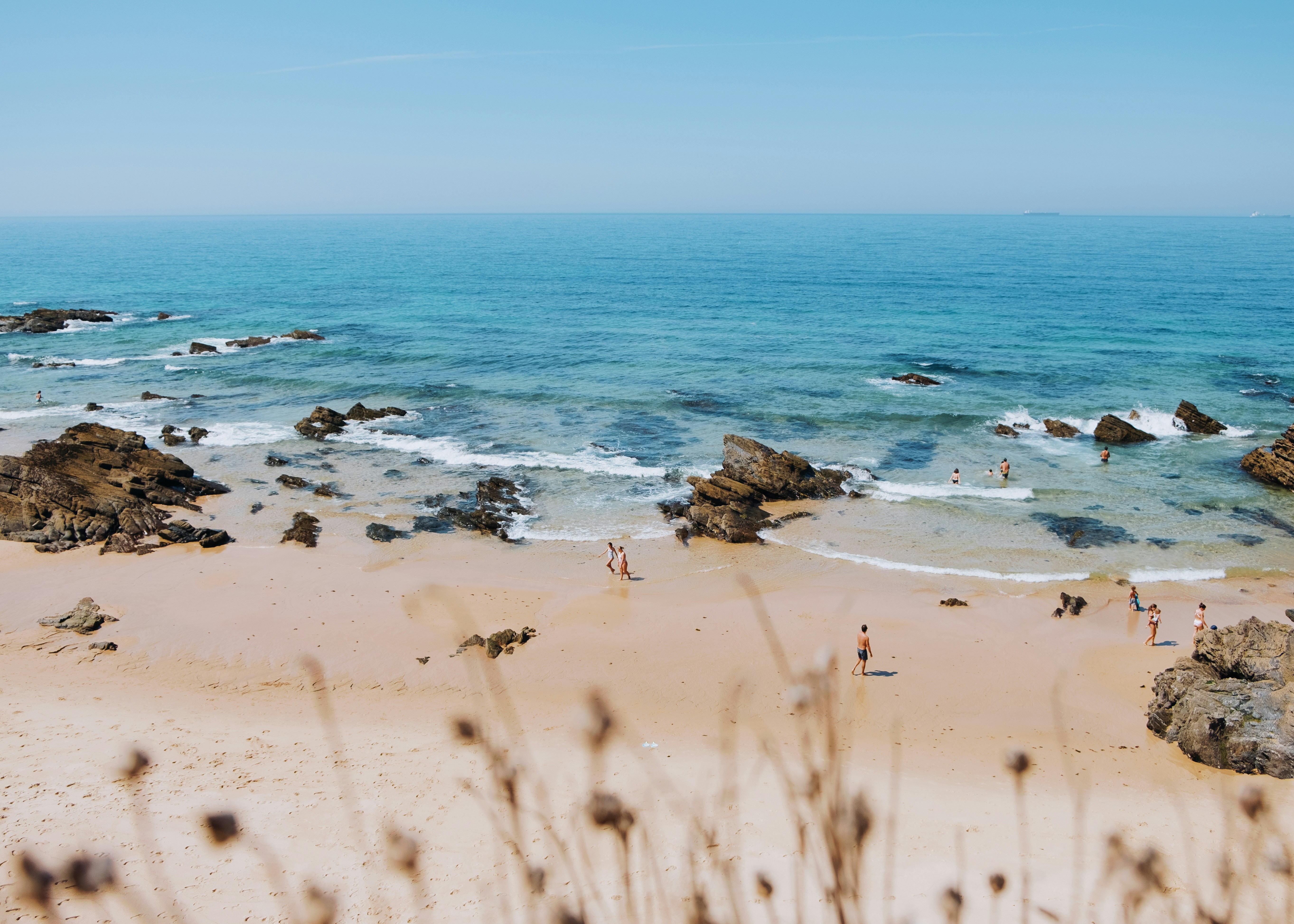
How to Apply for the Portugal Student Visa – Step-by-Step Instructions
Applying for the Portugal Student Visa involves several steps, from gathering your documents to attending your consular appointment. While the process can vary slightly depending on your country of residence, the general steps are as follows:
Step 1: Secure Admission to a Portuguese Institution
You must first be accepted into a recognized Portuguese university, college, or training program. An official acceptance letter from the institution is mandatory before starting your visa application.
Step 2: Collect All Required Documents
Prepare all the documents listed under the Visa Requirements section, including your valid passport, photos, proof of accommodation, proof of financial self-sufficiency, and private health insurance. Make sure they are complete, translated into Portuguese if necessary, and properly legalized (apostilled or notarized where required).
Step 3: Book an Appointment at the Portuguese Consulate or Embassy
Find the nearest Portuguese consulate or embassy in your country and schedule a visa appointment well in advance. During busy application seasons, slots may fill quickly, so it’s best to book early.
Step 4: Attend the Visa Appointment
At your appointment, you’ll submit your documents, pay the applicable visa fee, and provide biometric data (fingerprints and photos). Some consulates may also conduct a short interview about your study plans.
Step 5: Wait for Visa Processing
Processing times can vary, but generally range between 30 to 60 days. Some applications may take longer depending on the workload of the consulate or if additional documents are requested.
Step 6: Collect Your Visa and Travel to Portugal
Once approved, you’ll receive your Portugal Student Visa stamped in your passport. This visa typically allows you to enter Portugal and apply for a residence permit once you arrive.
Step 7: Apply for a Residence Permit in Portugal
Within a set timeframe (usually 4 months of arrival), you must apply for a residence permit at the Portuguese immigration office (AIMA, formerly SEF). This permit will allow you to stay in Portugal legally for the full duration of your studies.

Stay Requirements for Portugal Student Visa Holders
To keep your Portugal Student Visa and residence permit valid, you’ll need to follow certain rules during your stay. First and foremost, you must remain enrolled in the Portuguese university, college, or training program that accepted you. If you transfer to another institution, immigration authorities (AIMA) must be notified.
Students are also expected to attend classes regularly and make satisfactory academic progress. Poor attendance or failing to meet academic requirements may affect your ability to renew your residence permit.
Health insurance coverage must remain valid throughout your stay. You’ll also need to register your local address with the city hall (Câmara Municipal) after arrival and inform AIMA if you move to a new residence.
Your residence permit is usually issued for one year. If your studies continue beyond that, you must renew it before it expires, ideally at least 30 days in advance to avoid any gaps in your legal status.
In addition, student visa holders are allowed to work part-time, but you must follow Portuguese labor laws regarding working hours and job eligibility.

How Much Does the Portugal Student Visa Cost?
The cost of a Portugal Student Visa can vary slightly depending on your country of application and the consulate where you submit your request. In most cases, you can expect to pay:
Around €90 for the visa application fee at the Portuguese consulate or embassy.
Approximately €170 for the residence permit application once you arrive in Portugal and register with AIMA (formerly SEF).
In addition to these official fees, you should also plan for extra expenses that may come up during the process, such as:
Fees for document translations into Portuguese.
Apostille or legalization costs for official documents.
Health insurance premiums.
Copies, photos, and postal or courier services if required by the consulate.
Because fees can change and sometimes differ slightly by location, it’s always best to confirm the exact amounts with your local Portuguese consulate before applying.
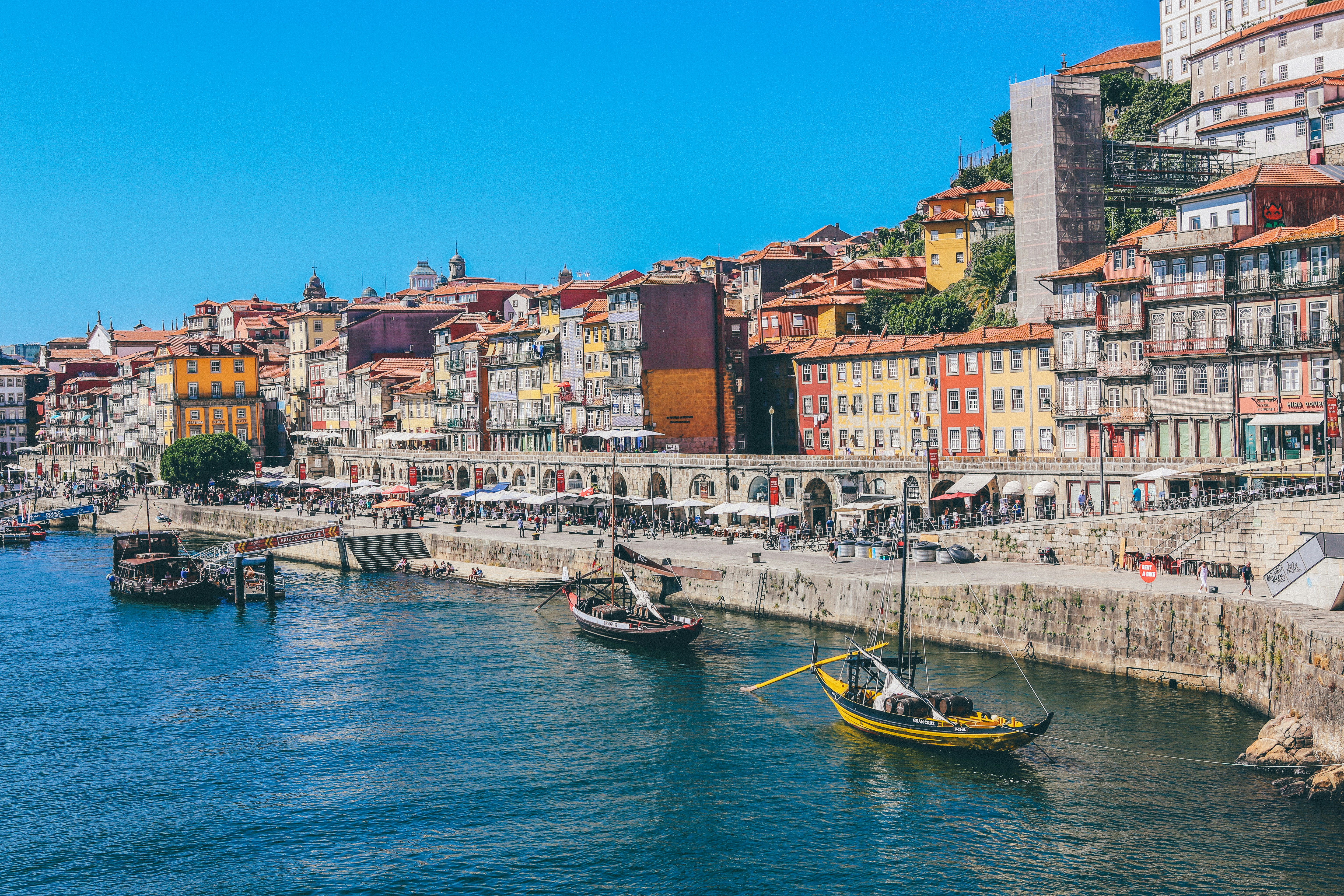
Taxes for People With a Portugal Student Visa
If you hold a Portugal Student Visa, understanding your tax obligations is important, especially if you plan to work part-time while studying.
Students with a valid residence permit in Portugal are generally considered tax residents if they stay in the country for more than 183 days in a 12-month period or have a habitual residence in Portugal. Tax residents are required to pay taxes on their Portuguese-source income, which includes salaries from part-time work.
Part-time work under a student visa is limited to certain hours per week, and income is typically subject to personal income tax (IRS). Employers will often withhold taxes automatically, but it’s still important to file an annual tax return if your income exceeds the minimum threshold.
Scholarships, grants, and certain financial aid may be tax-exempt, but this depends on the type of funding and the issuing institution. It’s recommended to confirm with the Portuguese tax authorities (Autoridade Tributária e Aduaneira) or consult a local accountant to ensure compliance.
Even if you do not work, staying aware of tax residency rules is important, as it can affect future applications for visas or residence permits in Portugal.

Living in Portugal with a Student Visa
Living in Portugal as a student offers a unique blend of academic opportunity and cultural experience. With a valid Portugal Student Visa, you can legally reside in the country while attending university or other accredited programs. This allows you to explore the vibrant cities, historical towns, and beautiful coastal areas at your own pace. From Lisbon’s lively student life to Porto’s charming streets and Coimbra’s centuries-old academic traditions, Portugal provides a safe and welcoming environment for international students.
Beyond academics, the visa allows you to access local services, open a Portuguese bank account, and, in many cases, work part-time to support your stay. You can also enjoy Portugal’s excellent public transportation, affordable healthcare (with valid insurance), and a rich cultural calendar of festivals, music, and food events. Living in Portugal with a student visa not only helps you pursue your educational goals but also provides the opportunity to fully immerse yourself in the country's lifestyle, language, and traditions.
Best Cities to Live in Portugal
Portugal offers a range of cities that cater to international students, each with its own unique charm, culture, and academic opportunities. Here are three of the best cities for students to live in:
Lisbon
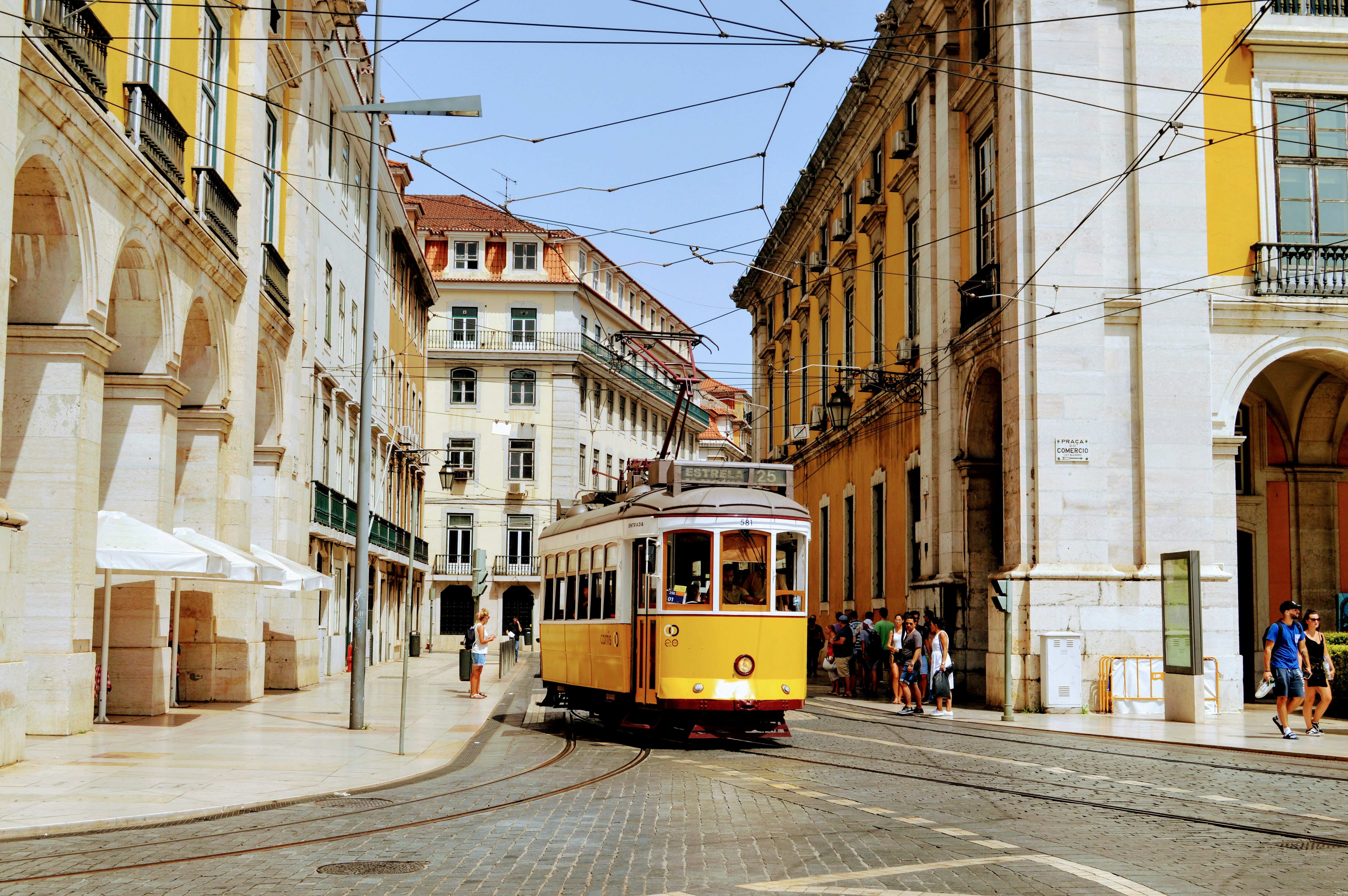
Portugal’s capital is a vibrant, cosmopolitan city known for its rich history, cultural diversity, and bustling student life. Home to several prestigious universities, Lisbon combines modern amenities with charming neighborhoods, colorful streets, and a thriving arts and music scene. Students can enjoy cafes, co-working spaces, and easy access to public transportation, making it an ideal hub for both studying and exploring.
Porto
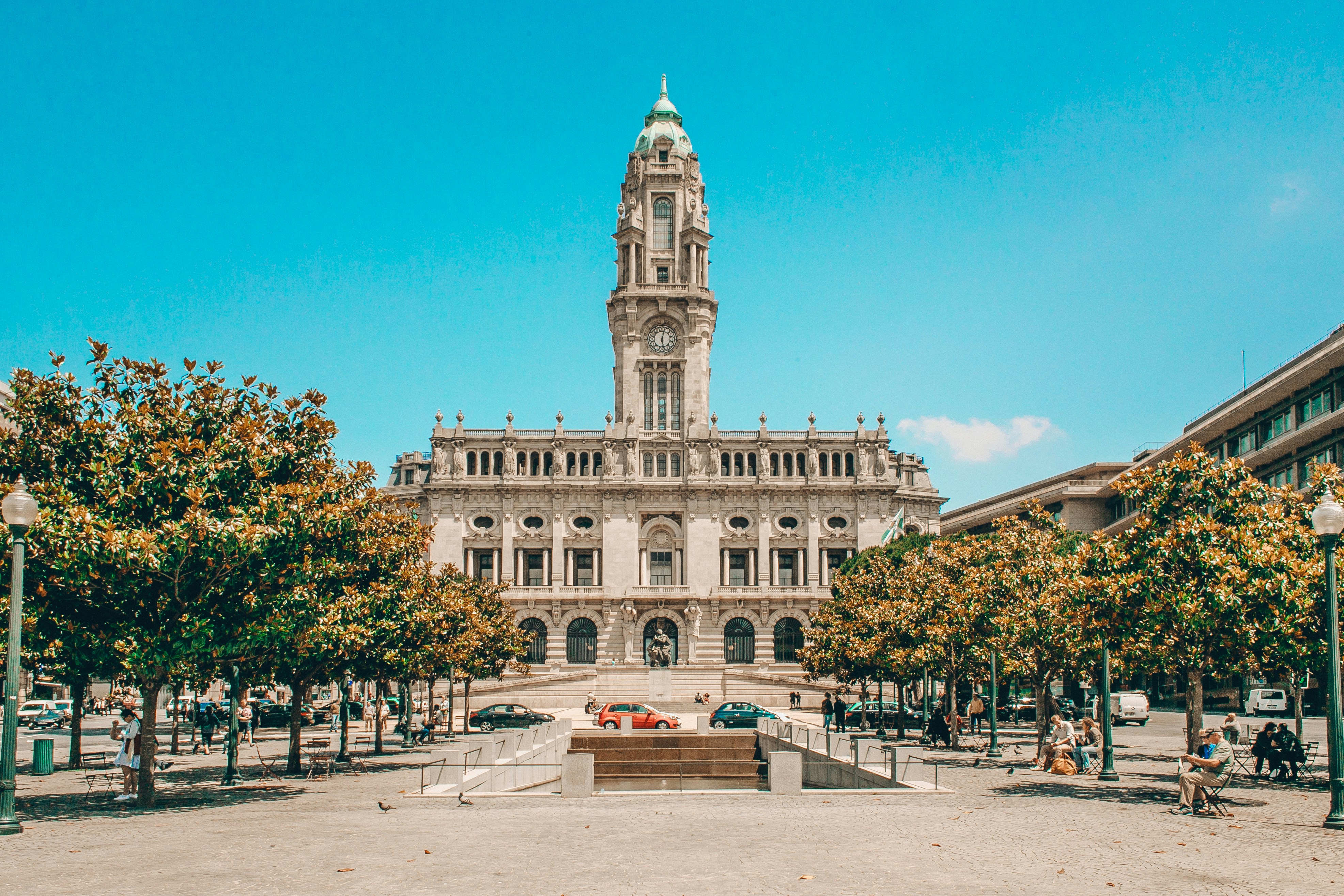
Nestled along the Douro River, Porto offers a blend of historic charm and contemporary student life. Famous for its picturesque old town, stunning riverfront, and traditional port wine cellars, the city also boasts a strong academic presence with reputable universities and research centers. Porto provides a more relaxed and affordable lifestyle compared to Lisbon, while still offering vibrant cultural and social experiences.
Coimbra
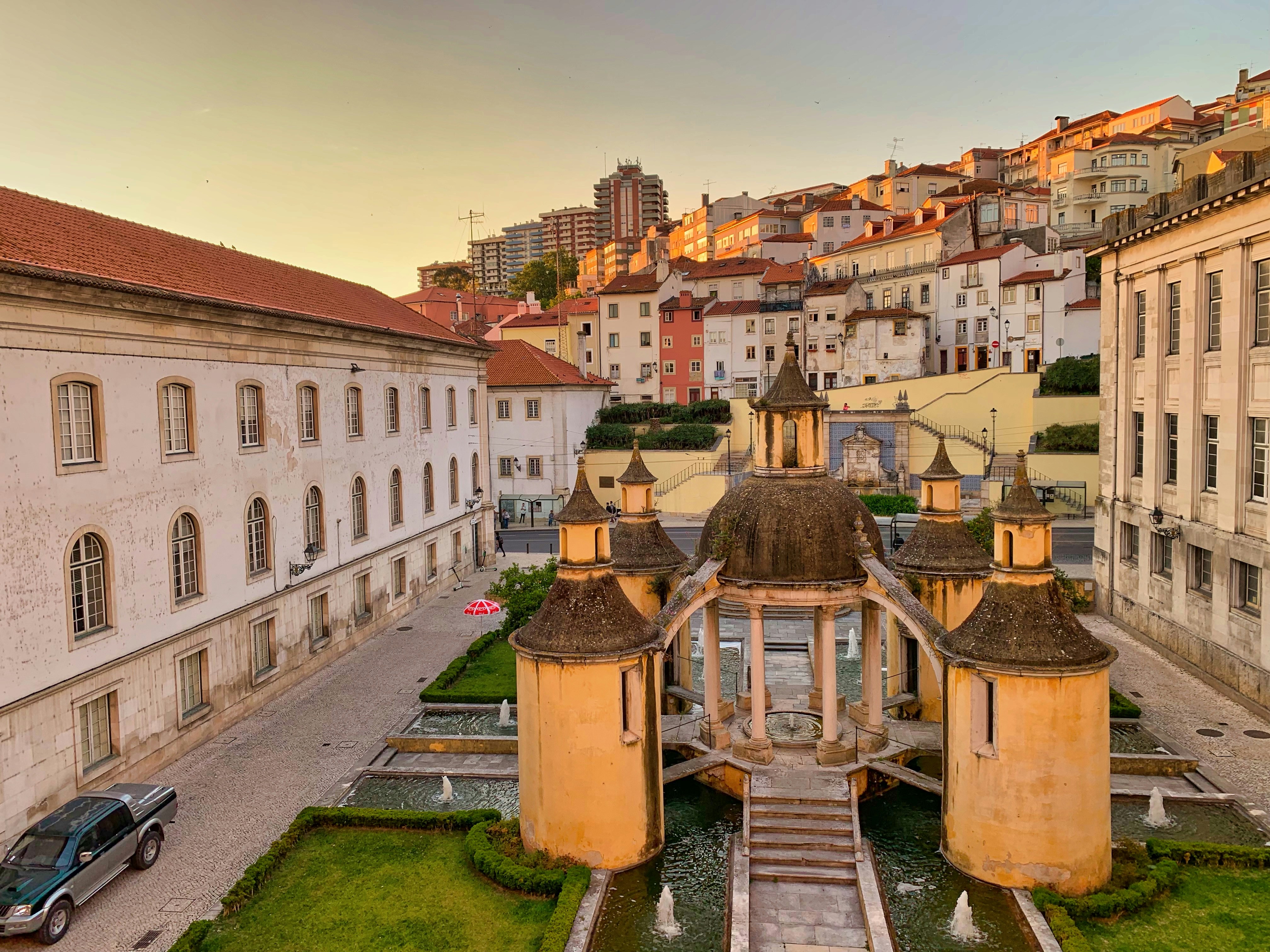
Known as Portugal’s academic heart, Coimbra is home to one of the oldest universities in Europe. The city has a deeply rooted student culture, with centuries-old traditions, historic libraries, and lively student gatherings. Coimbra is smaller and more intimate than Lisbon or Porto, making it an ideal destination for students seeking a close-knit community, easy commuting, and a highly immersive educational experience.
Cost of Living
The official currency of Portugal is the Euro. €1 EUR = $1.08 USD.
The average net monthly salary in Portugal is around €1,100, which equates to approximately $1,190 USD.
Here’s a rundown of what you should expect to pay in different cities:
Lisbon
Rent (1 bedroom in city center) – €1,200 per month
Rent (3 bedrooms outside city center) – €1,800 per month
Basic Utilities (electricity, heating, cooling, water, garbage) – €130 per month
Wi-Fi – €30 per month
Public Transport (one-way ticket) – €1.50
Groceries (2 people) – €350–€450 per month
Porto
Rent (1 bedroom in city center) – €900 per month
Rent (3 bedrooms outside city center) – €1,400 per month
Basic Utilities – €110 per month
Wi-Fi – €30 per month
Public Transport (one-way ticket) – €1.20
Groceries (2 people) – €300–€400 per month
Coimbra
Rent (1 bedroom in city center) – €550 per month
Rent (3 bedrooms outside city center) – €740 per month
Basic Utilities – €100 per month
Wi-Fi – €30 per month
Public Transport (one-way ticket) – €2.00
Groceries (2 people) – €300–€400 per month
FAQs
Do EU/EEA or Swiss students need a Portugal Student Visa?
No. Citizens of the EU, EEA, or Switzerland do not need a student visa, but they must register their stay with local authorities if their program lasts longer than 90 days.
How long does it take to process a Portugal Student Visa?
Processing times usually range from 30 to 60 days, but it can take longer during busy periods or if additional documents are requested. It’s recommended to apply well in advance.
Can I work while studying in Portugal on a student visa?
Yes, part-time work is permitted, but you must comply with Portuguese labor laws regarding working hours and type of employment. Most students work up to 20 hours per week during term time.
How long is a Portugal Student Visa valid?
Typically, the visa is issued for one year and can be renewed annually if your studies continue. Renewal must be done before the current residence permit expires.
What happens if I need to change my course or institution?
You must notify the Portuguese immigration authorities (AIMA) if you transfer to a different university or program. Failing to do so could affect your residence permit status.
Can I get help applying for the Portugal Student Visa?
If you need help applying for a visa, you can talk to Citizen Remote. Get specific advice from one of our experts, or outsource the entire application to our team.
Author
Nadia Dardón is a content creator from Guatemala. She has worked fully remotely for the past six years as a copywriter, editor, and content creator, working for different industries. She started her digital nomad journey in 2022 and currently lives as an expat in Spain.
